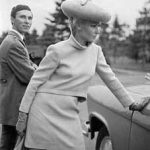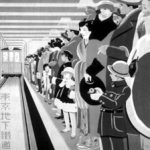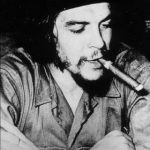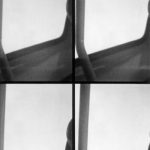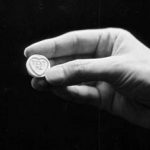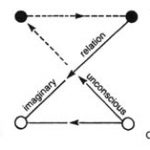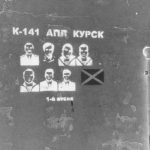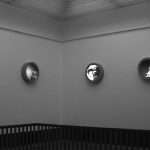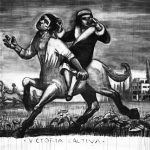177 Reviews: Books Reviewed: Tiqqun, Preliminary Materials for a Theory of the Young-Girl Bruno Bosteels, Marx and Freud in Latin America: Politics, Psychoanalysis and Religion in Times of Terror Eden Medina, Cybernetic Revolutionaries: Technology and Politics in Allende's Chile Catherine Malabou, The New Wounded: From Neurosis to Brain Damage Catherine Malabou, Ontology of the Accident: An Essay on Destructive Plasticity Frank Ruda, Hegel's Rabble: An Investigation into Hegel's 'Philosophy of Right' Kari Weil, Thinking Animals: Why Animal Studies Now? Samantha Hum, Humans and Other Animals: Cross-Cultural Perspectives on Human-Animal Interactions Albert Atkin, The Philosophy of Race George Yancy, Look, a White! Philosophical Essays on Whiteness Ash Amin, Land of Strangers Lisa Siraganian, Modernism's Other Work: The Art Object's Political Life Alex Loftus, Everyday Environmentalism: Creating an Urban Political Ecology
Nina Power, Philip Derbyshire, Jon Goodbun, Jason E. Smith, Chris Wilbert, Shannon W. Sullivan, Todd Cronan, Nik Heynen, Hannah Proctor and Kostas Maronitis ~ RP 177 (Jan/Feb 2013) ~ Reviews
How best to describe the colonization of the body at this particular juncture of capitalist life? Much recent theorizing has focused on a kind of war of affects where depression, euphoria and other states of being are read not merely as signs or symptoms, but as directly produced by (and productive of) particular economic relations. […]


